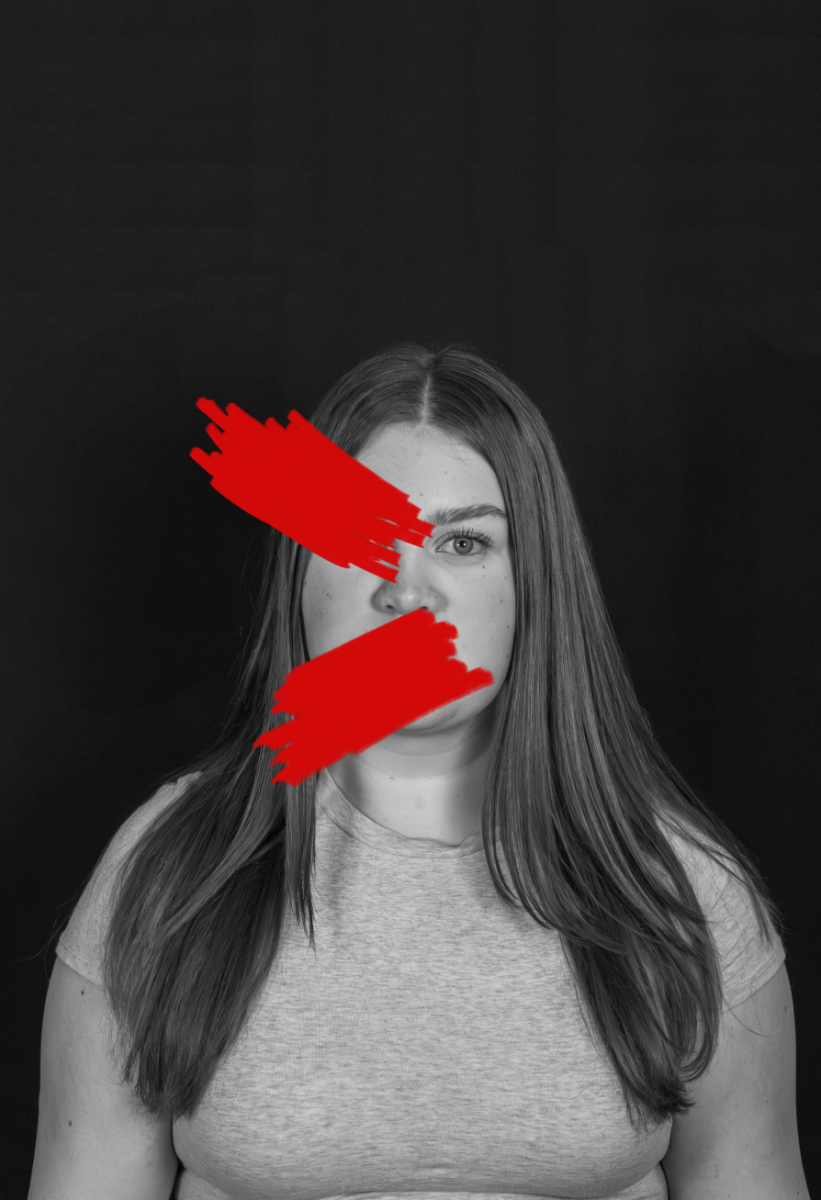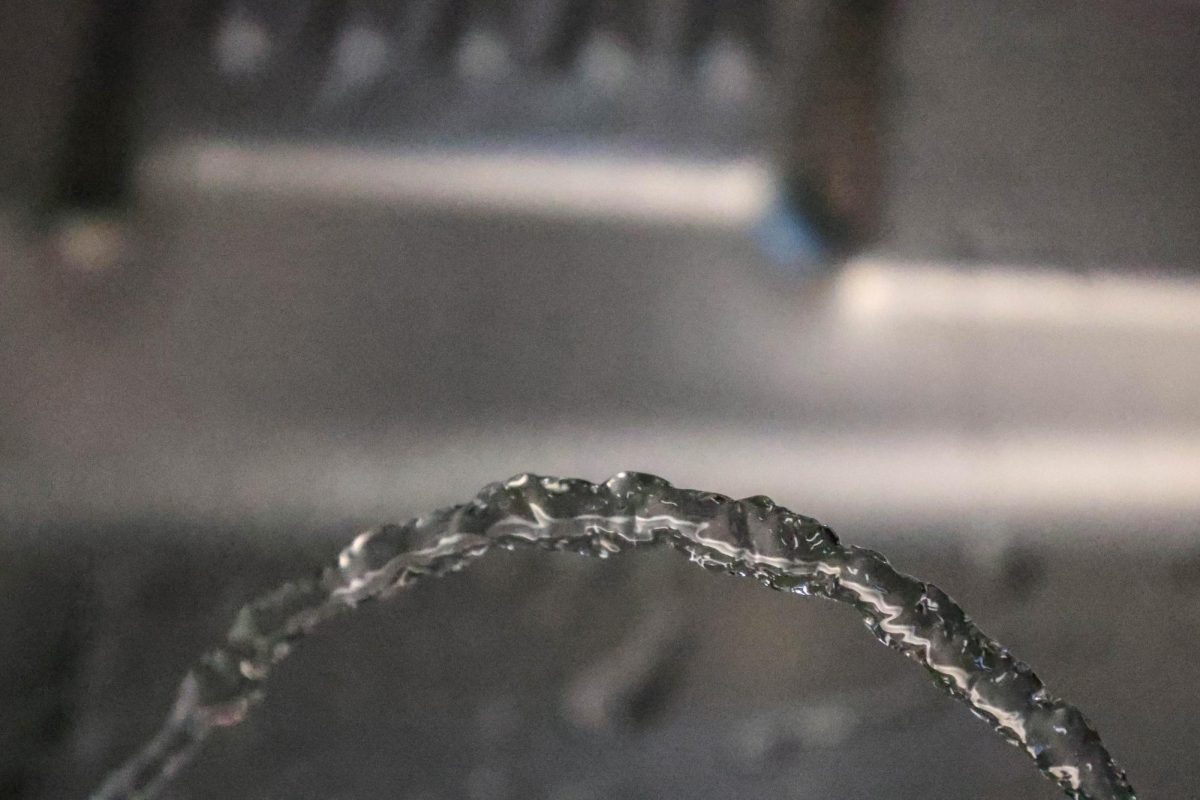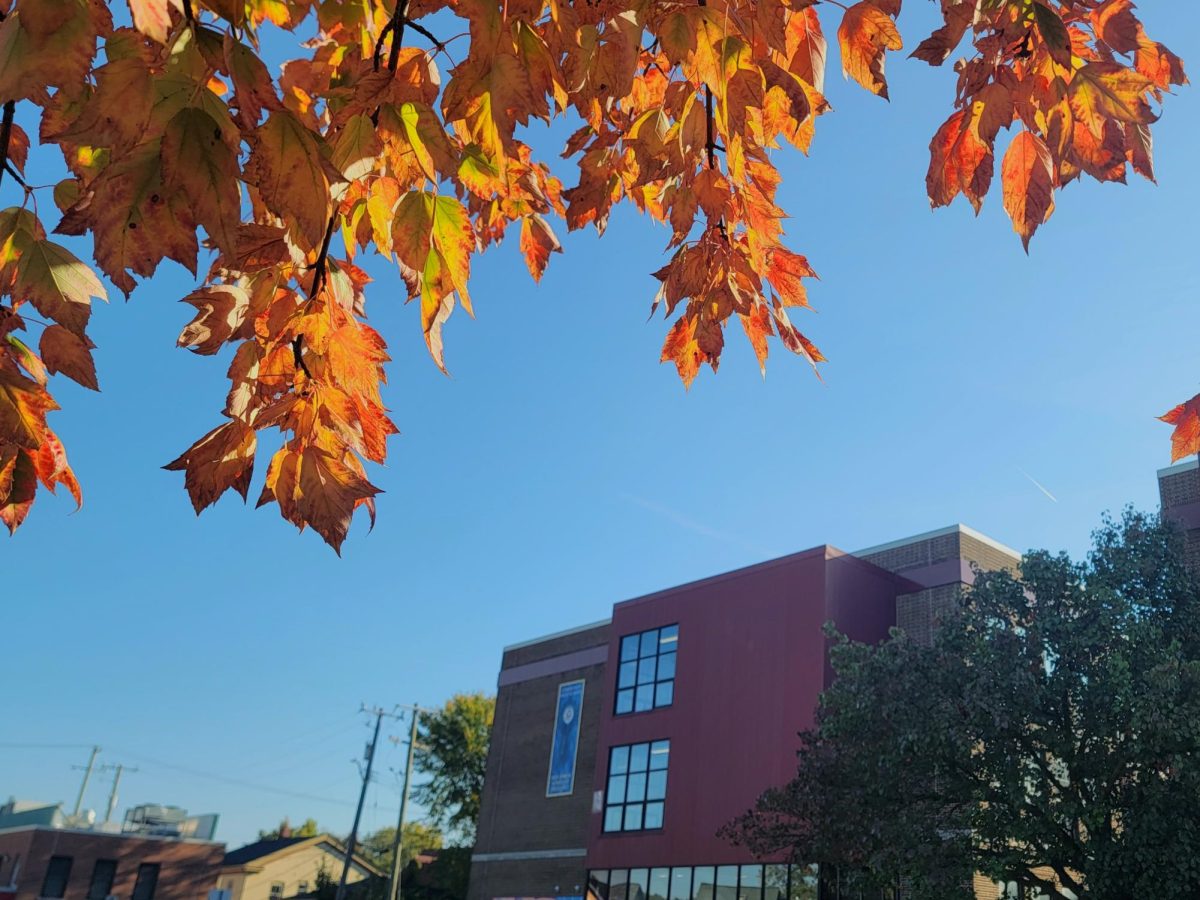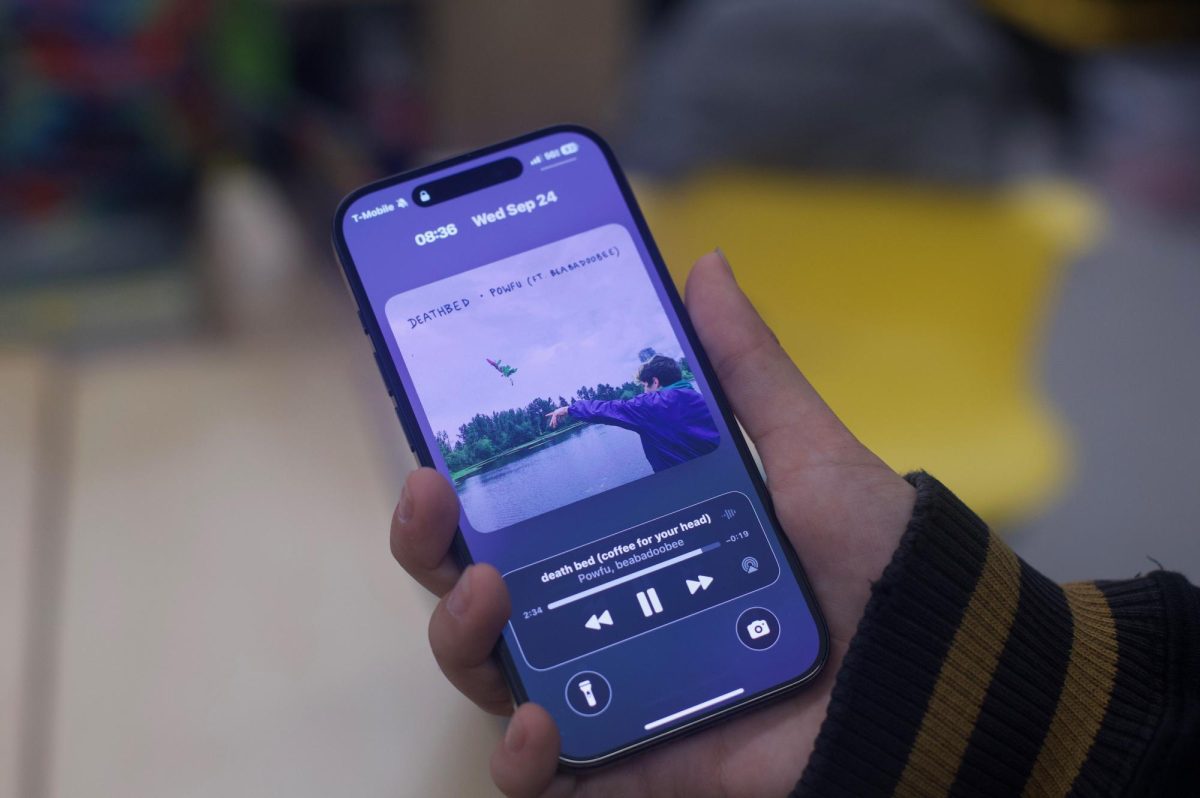Fatphobia remains one of the last socially recognized prejudices. Living in a larger body means navigating a vast and unpredictable array of discrimination, from blatant, hateful attacks to the quieter, more casual biases that infiltrate everyday life. To be fat is to endure this discrimination while having experiences frequently invalidated, because the nature of fatphobia is so deeply ingrained in our society that it is often invisible to those who do not live it.
My most memorable experience with fatphobia occurred before I even knew there was a definition for my experience. A group of older boys from my middle school had been secretly taking candid photos of me and using the images to make fun of my body because I was fat. This was more than a careless moment of just “having fun” — it was a calculated act of dehumanization and fatphobia.
Even before this incident, I was already acutely aware that I was deemed “worthless” through the societal lens of fatphobia. At just five years old, I fantasized about cutting chunks of my body off. By eight, I was already on my first diet. Every day, I wished and willed my body smaller, desperate to escape the labels society placed on me: disgusting, undisciplined, ugly, a waste of space. Labels that have power over me, labels that were practiced and accepted by the people around me.
When I found out that those boys had been mocking my body in such a serious and vulgar manner, all of my darkest fears were not only confirmed but intensified. The shame I already carried became encouraged by their actions. To this day, I remain entangled in my long-term relationship with fatphobia. It continues to manifest in poor mental health, deep insecurities and, inherently, an ongoing struggle with disordered eating.
My story is far from unique. Fatphobia is not just common, but accepted. People like me, kids like me, are struggling everywhere under the burden of this prejudice. The reality is: fatphobia is everywhere, and its oppressive weight is suffocating.
Fatphobia is fueled by control, power and a societal obsession with thinness. It has seeped into every corner of society. The scrutiny of the human body is inescapable between the media, everyday conversation and even internal dialogue. Prejudice does not make exceptions. Any body that deviates from society’s narrow and harmful beauty standards can be subject to discrimination and associated with internalized shame. However, fatphobia largely impacts those living in larger bodies and disproportionately impacts women, people with disabilities and people of color due to intersectionality.
Overcoming fatphobia begins with rejecting the idea that anyone’s worth is tied to the appearance or size of their body. We must dismantle the belief that fat bodies are inherently bad bodies and challenge the pathologized judgments about people’s character simply because their bodies are storing excess lipids.
I encourage you to challenge how you are showing up in the world, challenge mainstream dialogue and narratives, ask yourself if you are being compassionate with your own body and advocate for those who experience fatphobia.
There is no size limit to respect.










